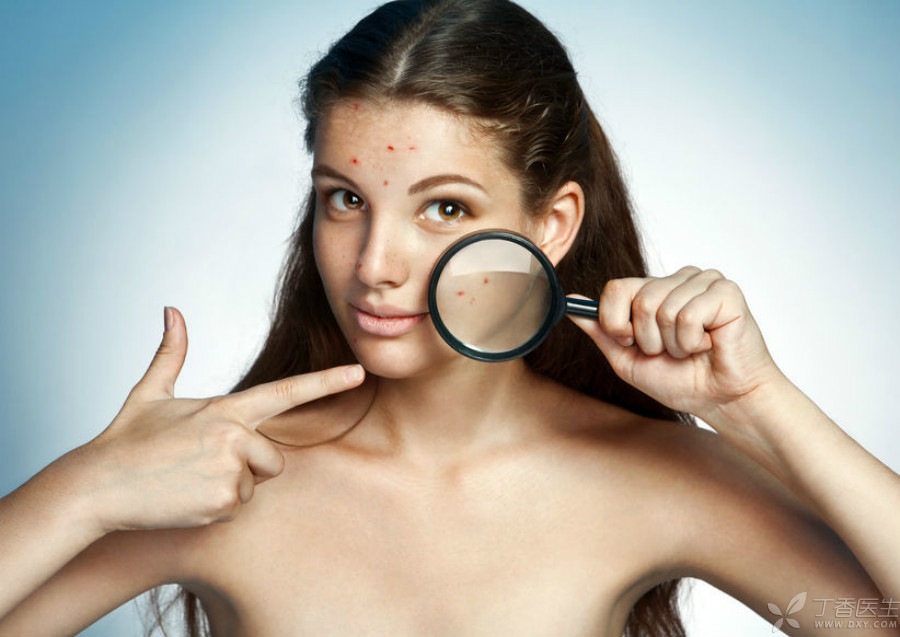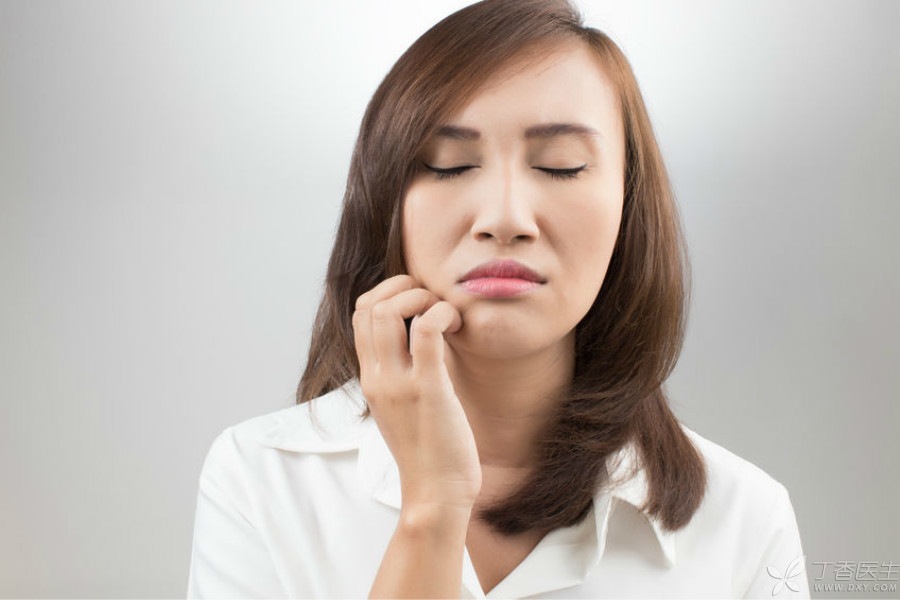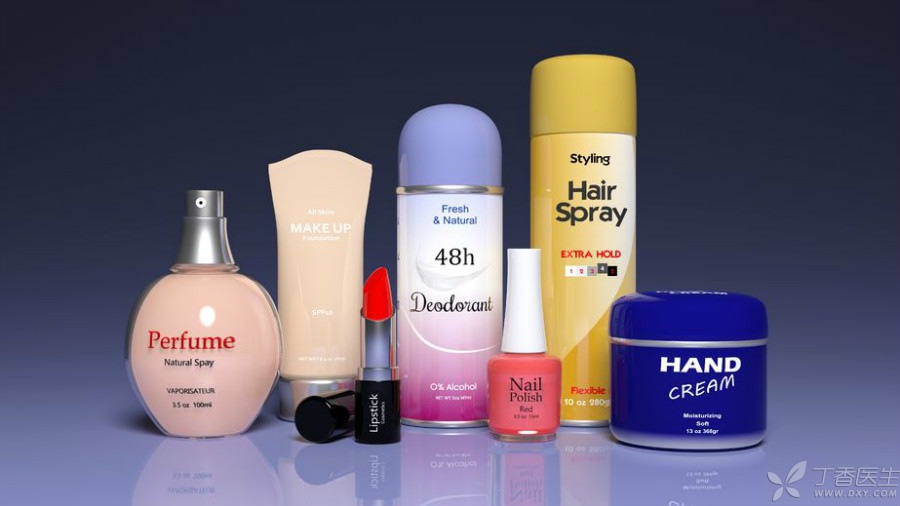
Girls who want better skin always place their hopes on the bottles and cans on the dresser.
However, some skin care products may not only fail to make people beautiful, but also make the skin condition worse. All kinds of pimples, silence, sensitive dermatitis and other [bad face] situations may even occur after using expensive and big-name skin care products.
What went wrong? Is the skin care products bought with so much money rubbish?
Don’t worry, Dr. Clove will elaborate today.
1. Those who use acne and keep silent are not necessarily rubbish.

In fact, dermatology is still studying the mechanism of acne and acne caused by cosmetics, and the more recognized theory is related to pore blockage.
Originally, there may be some Propionbacterium acnes in pores, and if some skin care products or make-up with sealing effect are used, pores may be blocked quickly.
Acne bacillus is an anaerobic bacterium, which can immediately obtain excellent living conditions in blocked pores, so… acne broke out.
For example, it is easy to use sunscreen products because the weather is already very hot in summer and sebum secretion is more likely to increase. Sunscreen products are designed to be water-resistant, sweat-resistant and have good adhesion, thus becoming the soil where acne breeds.
If it is found that using a certain sunscreen will make you develop acne, it does not mean that this sunscreen is a garbage product. Changing a sunscreen with a fresher texture, or using makeup remover to fully clean your face when washing your face, is a good way to prevent acne.
2. Those who use small red pimples are not necessarily garbage.

The use of cosmetics to grow small red pimples is probably irritant folliculitis: the oil components in cosmetics are decomposed and oxidized after penetrating into pores, or oxidized after being irradiated by ultraviolet rays, thus causing irritant inflammation.
It may also be the rash caused by taking some drugs (rash similar to acne), such as:
Steroids and hormones, immunosuppressants (such as cyclosporine and azathioprine), antiepileptic drugs, antipsychotic drugs, antidepressants, antituberculosis drugs, cardiovascular drugs (quinidine sulfate) and anti-cancer targeted therapeutic drugs (epidermal growth factor receptor antagonists), etc.
After taking these drugs, they are easy to produce some rashes on the face.
3. Those who have a small rash are not necessarily rubbish.

Many people think that a small rash and a small red knot in one’s heart are [allergies], so they dare not use the same skin care products again, but most of the time this is not allergy but irritant dermatitis.
For example, some antioxidant products may contain components such as VC, because the skin will have irritant reactions due to low pH value.
Usually, after cleaning with clean water, the situation will improve and will not continue to deteriorate after waiting for a while.
Moreover, the occurrence site, reaction area and reaction degree of this kind of situation are clearly related to the use site and concentration. For example, when smeared on the cheek site, the symptoms will only occur on the cheek site and will not spread to other areas or even cause systemic reactions of the body.
On the contrary, it is allergic and may not be restricted by the place of use.
For example, hair dye allergy can cause symptoms of whole face, neck and even systemic reaction. If there is such a situation, it is necessary to stop using it quickly, instead of thinking that the skin is [repairing] or [detoxifying].
4. Sensitive muscles are available. Are you allergic after using them?

In addition, it is necessary to make clear that products [available to sensitive muscles] [passed the allergy test] are not absolutely allergic.
This is because most of the data of allergy tests are provided by the manufacturers of these skin care products, and there is no way to use them as a reference basis for special products for sensitive skin.
In addition, skin experiments certainly cannot cover all people, and the problem of allergy is just like food allergy. Everyone’s situation is different. For example, for dairy products, peanuts or seafood, everyone’s situation is different. How can we not slip through the net?
Therefore, if you have skin sensitivity problems, even if the skin care products marked [sensitive muscles are available] should polish your eyes. First try it on the inner side of your wrist, behind your ears and other parts. If there are no adverse reactions, then use it to wipe your face.
5. Improper storage, beware of good things turning into garbage

If you don’t pay attention to hygiene during use, don’t cover the lid properly after use, and dig cream with dirty hands, it is easy to bring bacteria into the product, causing skin care products to deteriorate faster, which will really turn skin care products into garbage.
In addition, skin care products that are not properly stored (deteriorated by high temperature insolation), temporary and expired need to be paid more attention when using them.
Of course, skin care products should be carefully identified: don’t buy micro-business products, let alone excessively pursue high-end [ladies] products.
After all, skin care and maintenance are a long-term process. A bottle of cream can be used for up to 3 to 5 months, and there will be no thoroughly remoulding improvement to the skin.
Therefore, when buying skin care products, one should still consider one’s skin condition and economic bearing capacity. One should not blindly follow the trend. What suits one is the best.
